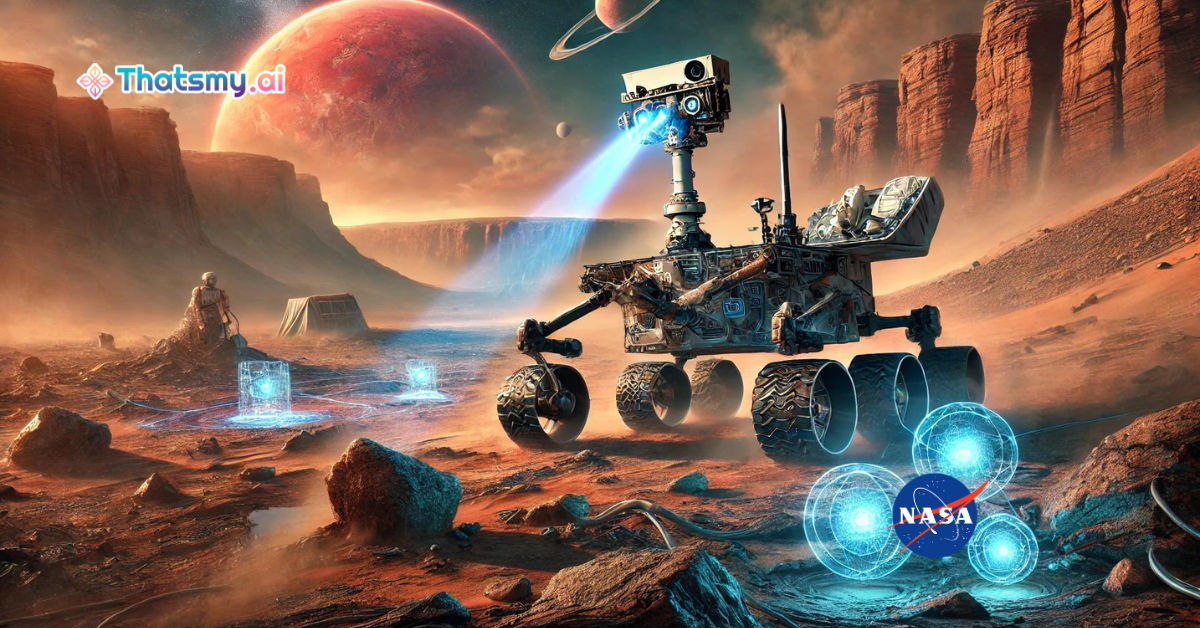AI is revolutionizing NASA's Mars rover science by enabling autonomous mineral analysis on the Perseverance rover. The AI-powered PIXL instrument maps rock compositions with high precision, identifying key minerals like carbonates and phosphates. This technology enhances efficiency, reduces human intervention, and supports mission goals such as searching for ancient microbial life. Future missions will further leverage AI for deeper solar system exploration, showcasing its vital role in advancing planetary science.

Artificial Intelligence (AI) is transforming how NASA's Perseverance rover explores Mars. This cutting-edge technology helps scientists identify minerals in Martian rocks, making autonomous decisions based on real-time data analysis. Here's a detailed look at how AI is enhancing NASA's Mars rover science.
The Planetary Instrument for X-ray Lithochemistry (PIXL) on Perseverance uses AI to map the chemical composition of rocks. This process, called "adaptive sampling," allows PIXL to autonomously position itself close to rock targets and analyze them. AI helps in positioning by adjusting PIXL's hexapod legs to achieve micrometer-level accuracy, essential due to Mars' temperature fluctuations.
Once PIXL is in position, it scans the rock with an X-ray beam, creating a detailed map of its mineral composition. This AI system identifies key minerals like carbonates and phosphates, which are crucial for understanding Mars' geological history and potential past life. When significant minerals are detected, PIXL can automatically gather more data, making the analysis more efficient.
Adaptive sampling is just one of the AI applications on Mars. The Curiosity rover, for example, uses AI to autonomously zap rocks with lasers to study their chemical composition. Both Perseverance and Curiosity have AI systems that enhance navigation and data collection, reducing the need for constant human intervention.
AI's role in Mars exploration is set to grow. Future missions, which will venture further into the solar system, will rely even more on autonomous systems due to the longer communication delays. These advancements will enable more efficient and comprehensive scientific research on distant planets.
Perseverance's mission includes searching for signs of ancient microbial life, studying Mars' geology and climate, and preparing for future human exploration. The data collected by AI-enhanced instruments like PIXL is vital for achieving these goals.
AI is significantly advancing NASA's Mars exploration capabilities. By enabling autonomous and precise scientific analysis, AI helps scientists gather valuable data more quickly and efficiently, paving the way for future discoveries on Mars and beyond.
Sign up to gain AI-driven insights and tools that set you apart from the crowd. Become the leader you’re meant to be.
Start My AI Journey
ThatsMyAI
20 March 2025

ThatsMyAI
7 March 2025